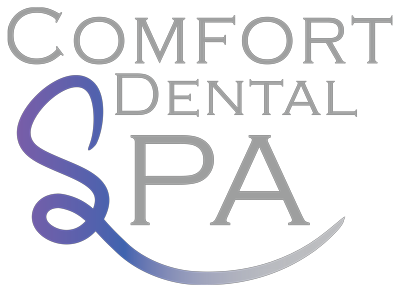These days, restoring any ‘permanent’ teeth that have been lost has become easier than ever. With several replacement options to choose from, choosing your prosthetic teeth can seem overwhelming. Whether you need to replace a single tooth, multiple teeth, or an entire smile; two of the leading options – dental implants and dentures – have numerous benefits for tooth replacement. Dentures may not be suitable for everyone, but neither are implants. Fortunately, your dentist can help you to compare both options (while considering your unique situation) to help determine an ideal restoration.
Advantages & Disadvantages
One of the main concerns patients have when facing tooth loss is cosmetic – a decrease in self-confidence is common when you’re too embarrassed to smile. With both implants and dentures, you can restore your beautiful and natural-looking smile. However, their aesthetic appeal is one of the only things the two options have in common.
Cost – Dentures are often more affordable initially than dental implants, especially if you need to replace more than one tooth. Dental implants, however, don’t usually need replacement after they’re placed, potentially making them more cost-effective.
Stability – Implants undergo a process known as osseointegration in which they physically fuse with your jawbone structure providing increased strength and stability. Whereas dentures; rely on your facial muscles and gum tissue to keep them in place.
Longevity – Typically, a set of dentures can last anywhere from 3 to 6 years. While we already know replacing them is rather affordable, the initial cost of dental implants could potentially be a one-time fee. Assuming you continuously practice excellent oral hygiene, these prosthetic teeth may actually last a lifetime.
Functionality – Dental implants are able to function much like your natural teeth, fully restoring your ability to chew and speak. When it comes to your diet and dentures, though, there are certain food restrictions to protect your ‘new teeth.’
To continue comparing your replacement options, consult with your dentist – they’ll be able to examine your oral health and recommend which prosthetic tooth would be most beneficial for your individual situation.
